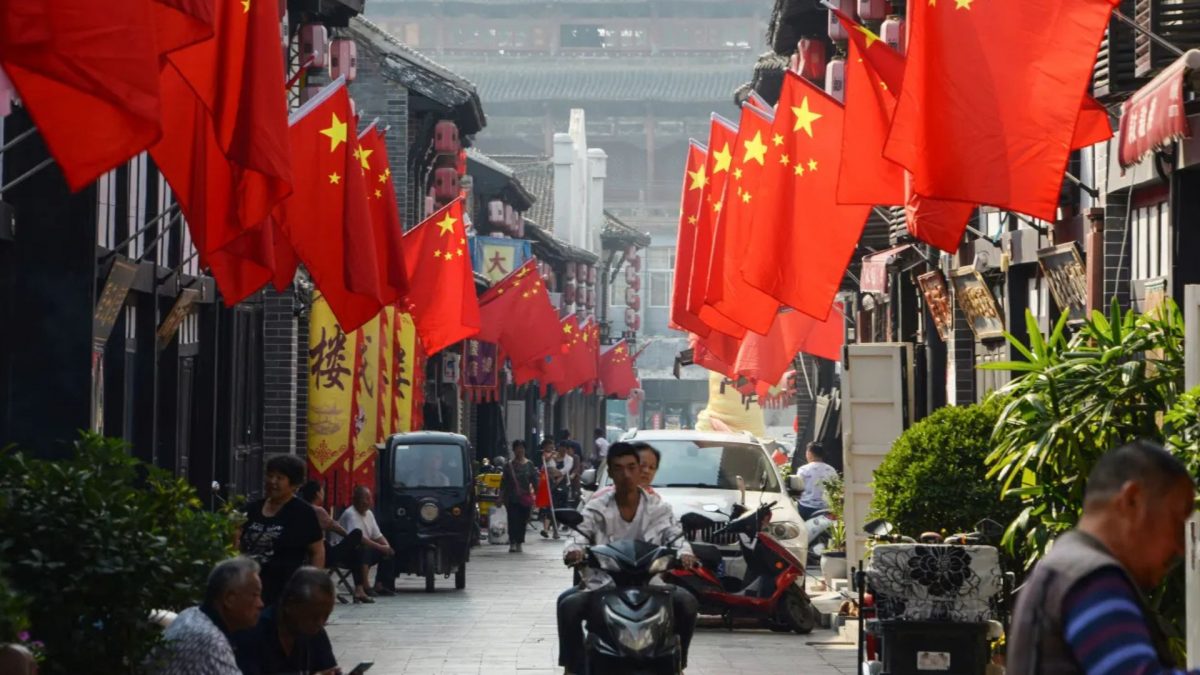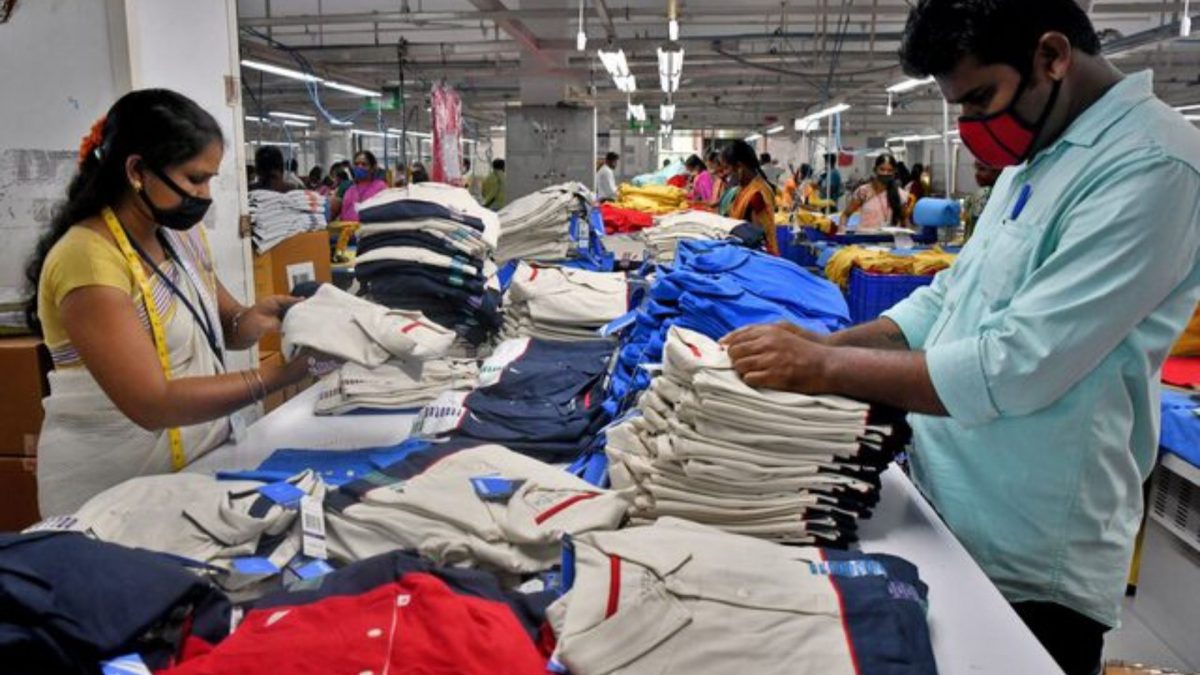As per the World Bank, China’s economic growth is expected to weaken further to 4.3 per cent from an estimated 4.8 per cent 2024 even with a temporary boost from recent stimulus measures read more
)
The World Bank said that China's weakening economy is likely to put extra strain on regional economies. Source: AFP.
China’s growth is expected to weaken further to 4.3 per cent in 2025 from 4.8 per cent in 2024, despite a temporary boost from recent stimulus measures, the World Bank said in its semi-annual economic outlook report.
Officials in China had set an economic growth target of about 5 per cent for the ongoing year, but, by August, the goal started to appear unachievable due to slow consumer spending and an unstable real estate market.
China’s weakening economy is likely to put extra strain on regional economies, the lender said.
The World Bank further said that China’s weakening economy is expected to impact the growth in East Asia and the Pacific, including nations like Indonesia, Australia, Korea, which is likely to ease to 4.4 per cent in 2025 from about 4.8 per cent this year.
China’s longer-term growth depend on structural reforms
On Tuesday, the World Bank said: “For three decades, China’s growth has spilled over beneficially to its neighbors, but the size of that impetus is now diminishing."
It went on to say that the recent fiscal support may help lift short-term growth but “longer-term growth will depend on deeper structural reforms.”
Towards late September, Beijing unleashed a slew of stimulus that centred around monetary policy, with measures such as interest-rate cuts.
Now, there have been mounting expectations for more fiscal support to boost spending, restore confidence and reflate the economy.
As per the World Bank, apart from slowing growth in China, shifting trade and investment flows, as well as growing global policy uncertainty, may also affect East Asia and the Pacific region.
The bank further said that though US-China trade tensions have created opportunities for countries like Vietnam to play a role in linking major trading partners, “new evidence suggests that economies may be increasingly limited to playing a ‘one-way connector’ role as new, more stringent rules-of-origin on imports and export restrictions are imposed.”
The lender also highlighted how latest technologies such as industrial robots and artificial intelligence, or AI, have been impacting labor markets across Asia.
The World Bank said that considering the dominance of manual task work in the region, a smaller share of jobs is threatened by AI than in advanced economies. But this means the region is also less well placed to take advantage of the productivity benefits of AI.
With inputs from Bloomberg.

 1 month ago
13
1 month ago
13
)
)
)
)
)
)
)
)
)
)
)
)
)
)
)
)
)
)
)
)
)
)
)
)
)
 English (US) ·
English (US) ·